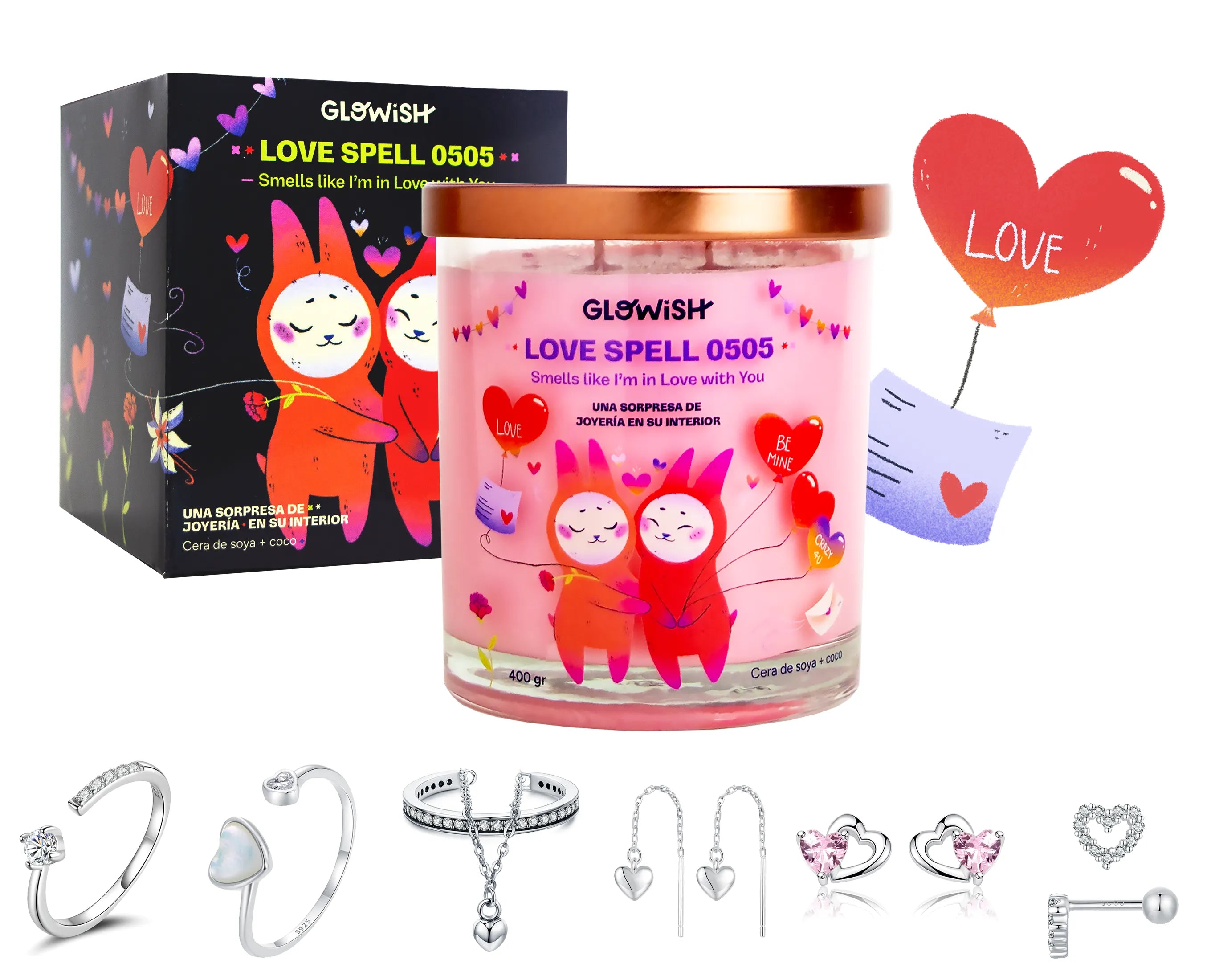Candles have been a source of light, ambiance, and fragrance for centuries. However, not all candles are created equal. While paraffin wax candles are widely available and often inexpensive, there are compelling reasons to avoid them. Here’s why you should consider steering clear of paraffin wax candles in favor of more natural alternatives.
1. Harmful Emissions
Paraffin wax is derived from petroleum, a non-renewable resource. When burned, paraffin candles release a variety of harmful chemicals into the air, including:
- Benzene
- Toluene
- Acetone
These chemicals are known to be carcinogenic and can contribute to indoor air pollution, posing health risks such as respiratory issues, headaches, and even cancer with prolonged exposure.
2. Soot Production
One of the most noticeable downsides of burning paraffin candles is the production of soot. This black residue can:
- Stain walls and ceilings: Over time, soot can discolor surfaces in your home, leading to unsightly marks and the need for frequent cleaning or repainting.
- Damage air quality: Inhaling soot particles can aggravate respiratory conditions like asthma and allergies.
3. Environmental Impact
The environmental footprint of paraffin wax is significant due to its petroleum origins. The extraction and refinement processes for petroleum are environmentally damaging, contributing to:
- Oil spills: Which devastate marine ecosystems.
- Habitat destruction: During the drilling and extraction processes.
- Greenhouse gas emissions: Contributing to global warming and climate change.
4. Health Concerns
In addition to emitting harmful chemicals, the synthetic fragrances and dyes often used in paraffin candles can cause:
- Allergic reactions: Skin irritation and respiratory discomfort.
- Hormonal disruption: Some synthetic additives can interfere with endocrine function.
5. Superior Alternatives
Fortunately, there are healthier and more sustainable options available. Consider these alternatives:
- Soy Wax: Made from soybeans, soy wax is renewable, biodegradable, and burns cleanly with minimal soot. It also has a longer burn time compared to paraffin.
- Beeswax: A natural byproduct of beekeeping, beeswax candles emit a subtle honey scent and burn cleanly, releasing negative ions that can help purify the air.
- Coconut Wax: Another eco-friendly option, coconut wax is sustainable, burns slowly, and carries fragrance well.
6. Supporting Ethical Practices
Choosing natural wax candles often means supporting smaller, ethical businesses committed to sustainability and health. These companies are more likely to:
- Use eco-friendly practices: From sourcing materials to packaging.
- Prioritize quality: Offering candles made with natural fragrances and essential oils.
- Promote fair labor: Ensuring fair wages and safe working conditions for workers.
Conclusion
While paraffin wax candles might be convenient and affordable, their health and environmental drawbacks make them a less-than-ideal choice. By opting for natural wax alternatives like soy, beeswax, or coconut wax, you can enjoy a cleaner, healthier, and more environmentally friendly candle experience. Illuminate your space with the peace of mind that comes from knowing you’re making a better choice for yourself and the planet.









